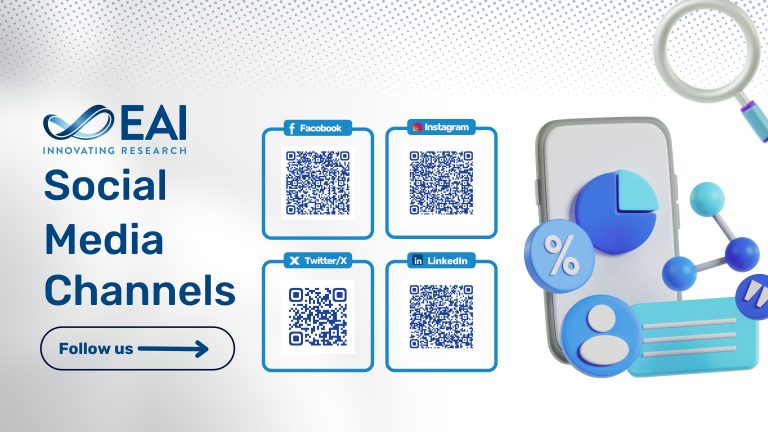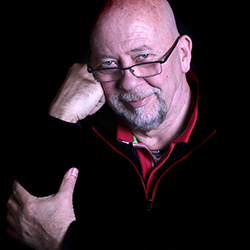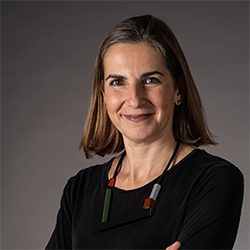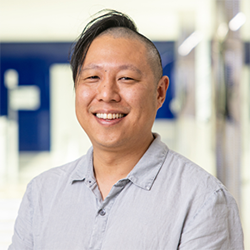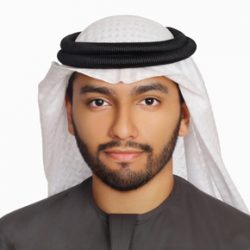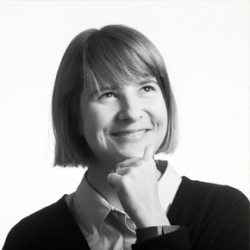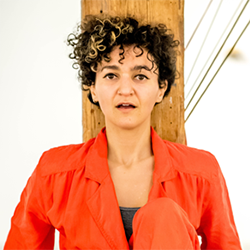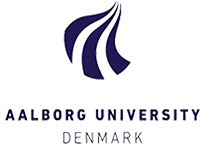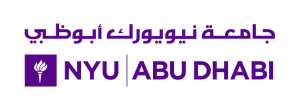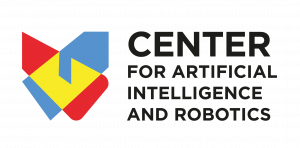THANK YOU ALL FOR YOUR PARTICIPATION
AND YOUR INVOLVEMENT!
13th EAI International Conference: ArtsIT, Interactivity & Game Creation
New York University, Abu Dhabi,
United Arab Emirates
13-15 November, 2024
Thank you for your involvement!
13th EAI International Conference: ArtsIT, Interactivity & Game Creation
New York University, Abu Dhabi,
United Arab Emirates
13-15 November, 2024
Late Track & Special Tracks
5 August 2024
5 September 2024
20 October 2024
Poster Track & Demo Track
31 August 2024
25 September 2024
20 October 2024
ABOUT THE CONFERENCE
13th EAI International Conference: ArtsIT, Interactivity & Game Creation
Explore the intersection of art and technology at the ArtsIT Conference, hosted by New York University - Abu Dhabi. This three-day event brings together international experts in a dynamic exploration of how digital media, virtual reality, AI, and more are shaping our cultural landscape.
Keynote Speeches: Hear from renowned researchers and artists who are at the forefront of integrating art and technology.
Exhibitions and Performances: Experience cutting-edge digital artworks, immersive technologies, and interactive installations.
Networking Opportunities: Connect with a diverse group of scholars, creators, and technologists from around the globe.
This conference is a must-attend for those interested in the future of art and technology, providing a platform for collaboration and innovation.
Conference Proceedings
EAI ArtsIT 2024 conference proceedings have been published in the Springer – LNICST series.
For more details please visit the SpringerLink Digital Library:
Best Paper Award
- Best Paper Award:
Paper Title:
A Novel Web-Based Tool for Modelling, Visualising, and Generating Interactions in Interactive Art
Authors:
Dan Xu, Maarten H. Lamers, Edwin van der Heide
LIACS, Leiden University, Leiden, The Netherlands
- Best Poster Award:
Poster Title:
Virtual Reality vs. Augmented Virtuality in Fire Extinguishing Training
Authors:
Orestis Ntantamis, Androniki Agelada, Elena Dzardanova, Vlasios Kasapakis
University of the Aegean, Dept. of Cultural, Technology and Communication, Greece
- Best Demo Award:
Demo Title:
Giving Plants a Voice: an Interactive Installation on Khaleeji Music and Nature
Authors:
Zhaniya Korpebayeva, Tomiris Doskhozhina, Amina Kobenova
New York University Abu Dhabi, UAE & University of California, Santa Cruz, USA
Publication
All registered papers will be submitted for publishing by Springer – LNICST series and made available through SpringerLink Digital Library: ArtsIT Conference Proceedings.
Proceedings will be submitted for inclusion in leading indexing services, such as Web of Science, Compendex, Scopus, DBLP, EU Digital Library, Google Scholar, IO-Port, MathSciNet, Inspec, and Zentralblatt MATH.
Available Journals
All accepted authors are eligible to submit an extended version in a fast track of:
– EAI Endorsed Transactions on Creative Technologies
– EAI Endorsed Transactions on AI and Robotics
– EAI Endorsed Transactions on Internet of Things(Scopus)
Additional publication opportunities:
– EAI Transactions series (Open Access)
– EAI/Springer Innovations in Communications and Computing Book Series
(titles in this series are indexed in Ei Compendex, Web of Science & Scopus)
Authors of selected papers will be invited to submit an extended version to:
– Leonardo – Special Section: The Interdisciplinary Dimensions of Second-Wave Ubiquitous Music
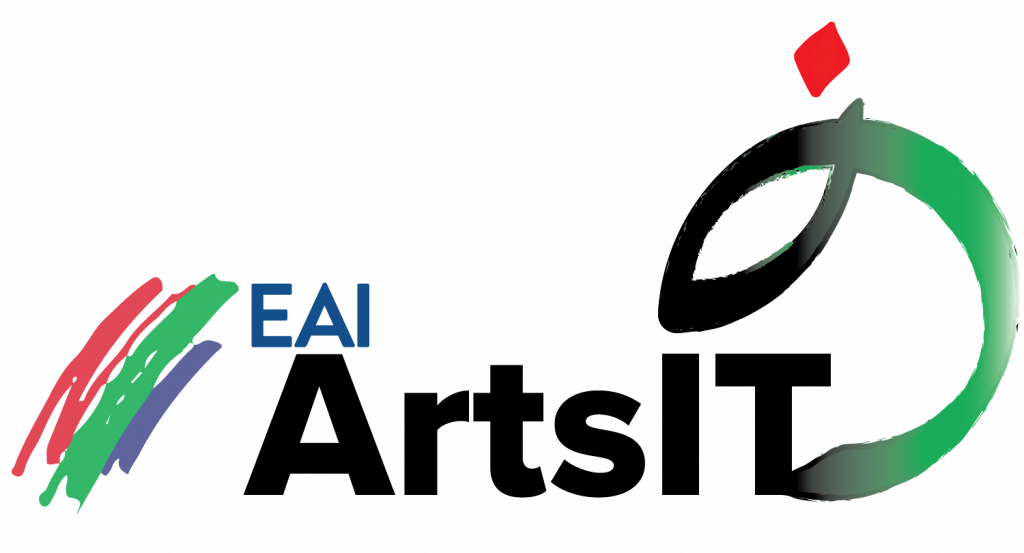
This year’s event is represented by the symbol of the Arabic letter “Fa” the initial of “Al-Fanun” (the arts in Arabic). The letter is interpreted in a calligraphic, gestural style, evoking the concept of an all-encompassing theme that unites various artistic expressions.
Goffredo Puccetti,
Associate Professor of Practice of Visual Arts, NYU Abu Dhabi
Erin Collins,
Instructor of the Arts in Design, NYU Abu Dhabi
Keynote Speakers
Publication
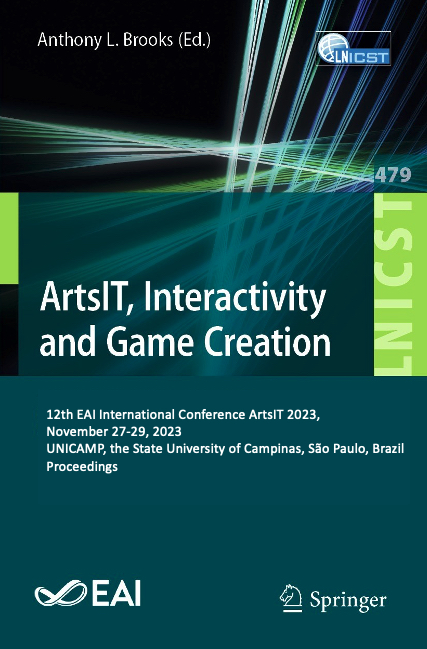
Proceedings of EAI ArtsIT 2023
The ArtsIT publication history can be accessed through the SpringerLink Digital Library under the category "ArtsIT Conference Proceedings."
Ready to Volunteer with Us?
Important Deadlines
Camera-ready Deadline was extended for all tracks to 20 October 2024!
Main Track
1 July 2024
5 September 2024
20 October 2024
Previous ArtsIT editions:
